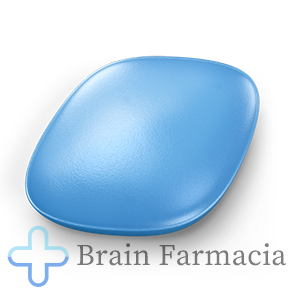Introduction to Pharmaceutical Industry
The pharmaceutical industry plays a vital role in the healthcare sector, focusing on the discovery, development, production, and distribution of drugs and medications. It encompasses various aspects, including research, clinical trials, manufacturing, marketing, and regulation.
With advancements in medical science, the industry strives to improve public health by providing innovative and effective treatments for various diseases and medical conditions. Pharmaceutical companies invest heavily in research and development to create new therapies and improve existing ones, working closely with healthcare professionals and regulatory bodies.
The Drug Development Process
1. Preclinical Research
The drug development process begins with preclinical research, where scientists conduct laboratory experiments and animal studies to evaluate the drug's safety and effectiveness. This stage helps identify potential therapeutic candidates and understand their mechanisms of action.
2. Clinical Trials
Clinical trials are a crucial step in drug development to evaluate a drug's safety and efficacy in humans. They are typically conducted in phases, starting with small groups of healthy volunteers and then progressing to larger populations of patients. These trials provide valuable data on the drug's dosage, side effects, and overall effectiveness.
3. Regulatory Approval
Once the clinical trials demonstrate the drug's safety and efficacy, the pharmaceutical company submits a New Drug Application (NDA) to the regulatory authorities for review. The regulatory bodies carefully assess the data and evidence gathered during the trials to determine whether the drug can be approved for market distribution.
4. Manufacturing and Quality Control
If the regulatory authorities grant approval, the pharmaceutical company proceeds with drug manufacturing. Stringent quality control measures are implemented during the manufacturing process to ensure the drug's consistency, purity, and potency. This involves adhering to Good Manufacturing Practices (GMP) and conducting regular inspections.
Pharmaceutical Marketing and Sales
After manufacturing, pharmaceutical companies focus on marketing and sales efforts to promote their products and educate healthcare professionals about their benefits. These activities involve building relationships with healthcare providers, participating in medical conferences, and disseminating educational materials.
It is essential for pharmaceutical companies to comply with strict marketing regulations and ethical guidelines to ensure transparent and responsible promotional practices. They must provide accurate and unbiased information about their drugs, highlighting their approved indications, contraindications, and potential side effects.
Pharmaceutical Regulations and Safety
Pharmaceutical regulations are implemented to safeguard public health and ensure the quality, safety, and efficacy of drugs. Regulatory bodies perform rigorous assessments of drugs before granting approvals and continuously monitor their performance in the market.
Post-marketing surveillance, pharmacovigilance, and adverse event reporting systems play a crucial role in monitoring a drug's safety profile once it reaches the market. This constant monitoring helps identify any potential risks or side effects that were not detected during the clinical trials and allows regulatory authorities to take appropriate actions, such as issuing safety alerts or recalls.






